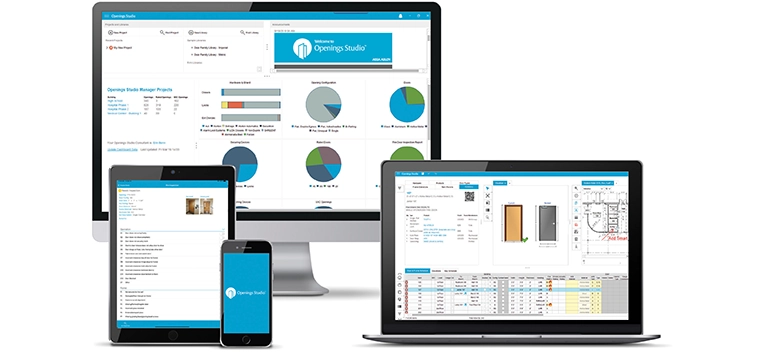
Initial pilot success leads to multi-country demonstration phase
Despite what appears to be a snail’s pace, the European Education Connectivity Solution project is still proceeding with its mission to establish a standardized campus card system for the European continent. If successful, students will be able to use the same ID at institutions across Europe.
The project is the brainchild of the European Campus Card Association (ECCA). The group, which represents card programs throughout Europe, conducted a study several years ago to determine if such a project was feasible or for that matter needed. The answer to both questions was yes.
Following the study, the European Education Connectivity Solution project was created in 2009. The plan was to run a two-campus pilot followed by an extended six-campus demonstration project.
The pilot project involved Ireland’s Waterford Institute of Technology and Poland’s Technical University of Lodz, both members of ECCA. The pilot project, which concluded May 31, 2011, cost nearly US$2 million and was funded by the European Union and other contributors including OneCard Solutions, an Ireland-based smart card provider; Mecenat, a Swedish provider of student discount cards; and OPTeam, a system integrator and software developer based in Poland.
The consortium hoped to show that students can study at different universities across the continent without having to physically carry academic records, says Eugene McKenna, chief executive of campus services, Waterford Institute. Instead, the student ID acts as a key for students to access these records wherever they might study.
“We found that there is a large market across Europe for a standardized interoperable campus card system that facilitates student mobility,” says McKenna.
This doesn’t mean that European students like to jump from school to school. Rather, it means that they can utilize various facilities at other universities that may not be available at their home institution, such as a specialized library or sports facility.
A survey of more than 100 European higher education institutions found that 85% would use the standardized campus card solution when it became available, says OneCard’s Kate Kelly. After the demonstration phase is complete it is the goal that any campus can implement the new system, she explains.
“There is a clear requirement in Europe that the campus card should be a means to identify a student from their own campus and facilitate a basic range of services in the campus they are visiting,” says McKenna. “The creation of a standard campus card system is intended to enable colleges to share information using the card as the electronic key so that administrators at other schools can access student records on secure databases.”
After determining the feasibility and the need, the next step was to demonstrate that it was possible using two geographically separate campuses to test the system in a live working environment, says McKenna.
At Waterford, students from Lodz, Poland tested student mobility, library patron ID, Web value loading and vending payments. At Lodz, students from Waterford tested student mobility, library ID and class attendance.
The student connectivity trial enabled the student to logon using the campus card and apply to be an exchange student. The library trial enabled exchange students to access the library services and check out books at their visiting institution using their home campus card. The student details were displayed on screen and the loan transaction was completed.
For class attendance, the Waterford exchange student presented the card to the Lodz attendance card reader, which processed the card and authenticated that the Waterford cardholder was an approved student.
Finally, if the Lodz student arrived in Waterford with no funds on his campus card, all he had to do was log into the Waterford Web Value load site and top up the purse using a credit card, says McKenna.
The consortium was satisfied with the pilot results and is progressing toward the more intense demonstration project phase. This phase will involve six colleges implementing the system and is scheduled to commence in early 2012. “The key purpose of this phase is to bridge the gap between the research and commercialization of the product,” says Kelly. “We have established partnerships with six higher education institutions in six different countries.”
The demonstration project will be supported by OneCard, Mecenat and OPTeam. The Card Technology Research Center in Ireland will also participate and OneCard will again be the project coordinator.
The demonstration phase is expected to cost US$2.5 million and take between 12 and 18 months to complete. Following a successful trial, rollout of the full product is expected in 2013 and 2014.
The demonstration project was originally to have begun in May 2011, but the pilot phase took longer than expected. It took the ECCA more time to create a technical specification that would meet the requirements of all the European campuses, says McKenna. “Bringing (everything) together as an integrated standardized campus card solution is a very challenging task.”




